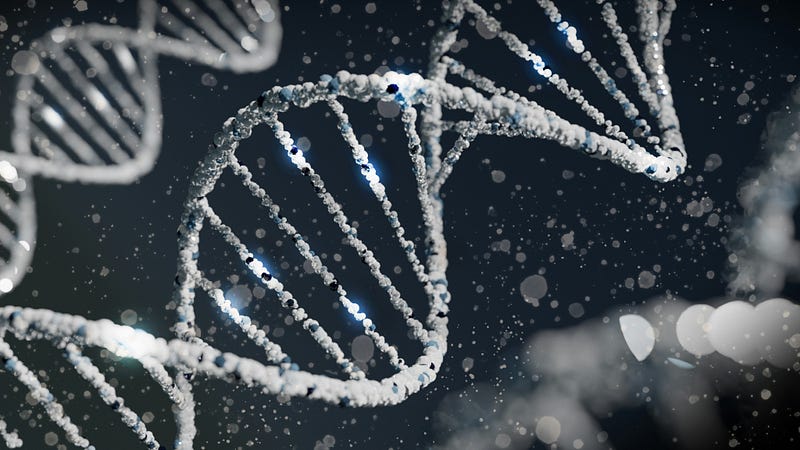“The infidelity gene”, How Genes Shape Our Behaviors

Genes, the amazing components of our DNA, have attracted a lot of attention lately. But it’s possible that our perception of their strength was misguided, leading to the development of the idea of biological determinism.
According to this theory, biological characteristics rather than external influences like culture, environment, or personal preferences mostly determine human behavior.
Curious legal tactics have sprung from this theory, such as the “warrior gene” defense in criminal cases and businesses that sell DNA testing for characteristics like a “wanderlust gene” or a “infidelity gene.” But the idea that our conduct is entirely determined by our genes is becoming less and less credible as we learn more about biology.
Contrary to popular belief, characteristics, whether behavioral (like compassion) or physical (like hair color), are not directly inherited by genes. In humans, the basic Mendelian model of genetics that was taught in elementary school — which involves dominant and recessive traits — is an exception rather than the rule. This pattern is usually found in diseases rather than in normal features.
Proteins are the molecular machinery that our bodies rely on to function, and genes simply code for them. These proteins provide a variety of functions, including supporting structural integrity and preventing infections.
Genetic determinism is losing ground as our knowledge of genetics grows. Robert Sapolsky, a neuroendocrinologist, highlights that comprehending a gene’s role necessitates taking into account how it interacts with a particular environment, whether it be inside or outside the cell.
Genes do, of course, affect our behavior, but the relationship is complex and indirect.
There are very few cases in which a given behavior is directly associated with a known genetic variation, and even then the relationships are not very strong.
Essentially, genes mold and impact behavior, but they do not completely dictate it. In the intricate field of human psychology, the concept of hereditary behavioral determinism seems more and more remote.






